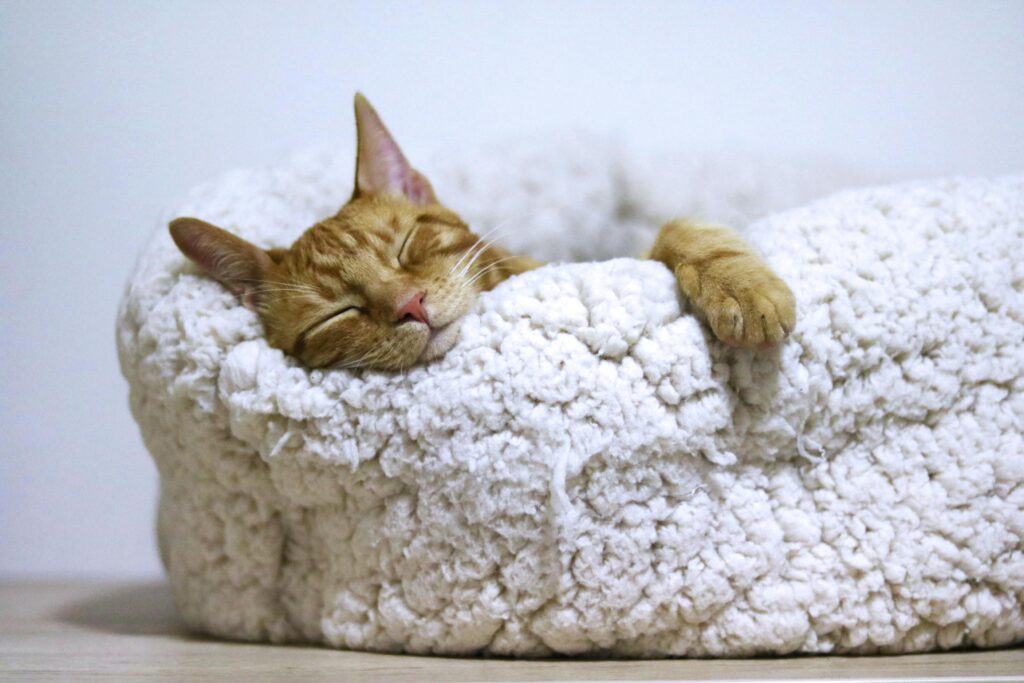Good night sleep gives you a great next day. A great daily routine leads to a good night’s sleep. So, good sleep starts from the moment you wake up. Chicken or egg?
What is your daily routine? Here is what I found to be the optimal daily routine based on Andrew Huberman’s YouTube episodes. (Links to all the videos can be found at the end of this post.
Morning time: It is very important that cortisol peaks early in the day and happens all at once.
- The first thing within 30 to 60 minutes after you wake up, ideally around sunrise when the sun is low in the sky, is to go outside and view sunlight with your bare eyes. Why? “It is the most powerful stimulus for wakefulness throughout the day, and it has a significant, positive impact on your ability to fall asleep and stay asleep at night” – directly quoted from Andrew Huberman. It sets your internal body clock, called the circadian clock, which triggers an increase in cortisol early in the morning, giving you high energy and alertness, and also regulates the release of melatonin, which helps you relax at night
- Increase your core body temperature by taking a cold shower (1-3 minutes) or doing exercise (light body movements such as jogging, walking, or jumping rope are sufficient). Why? A steep increase in body temperature will make you feel more alert and lead your brain to release adrenaline and dopamine
- Wait for 90 to 120 minutes before you have your first coffee/caffeine intake after waking up. Why? It will prevent an afternoon crash and possibly reduce the likelihood of needing more caffeine later in the afternoon. The last caffeine intake should be no later than 4 p.m.
Afternoon time:
- Napping is okay as long as it isn’t too late or too long. A nap taken late in the afternoon or lasting longer than 90 minutes may prevent you from falling asleep later at night. Deep relaxation activities such as meditation would be a good alternative.
- Get outside and have sunlight exposure around sunset time when the sun is at a low solar angle. Why? It helps counteract some of the negative effects of artificial lights late at night.
Night time:
- Create an optimal sleep environment in your bedroom. Avoid any lights, especially from 11 PM to 4 AM.
- Keeping the temperature cool can help, so a hot tub or warm shower before bed would be beneficial.
Above is what the most optimal routine would be. However, many factors can vary depending on the environment you are in, your genetics, and personal preferences. So, experiment for yourself and find what works best for you. We are the masters of our own bodies and minds. Consistency is key. Once you find what works, stick with it. The rewards will add up over time. Consistency! Consistency! Consistency!
Information sources:
